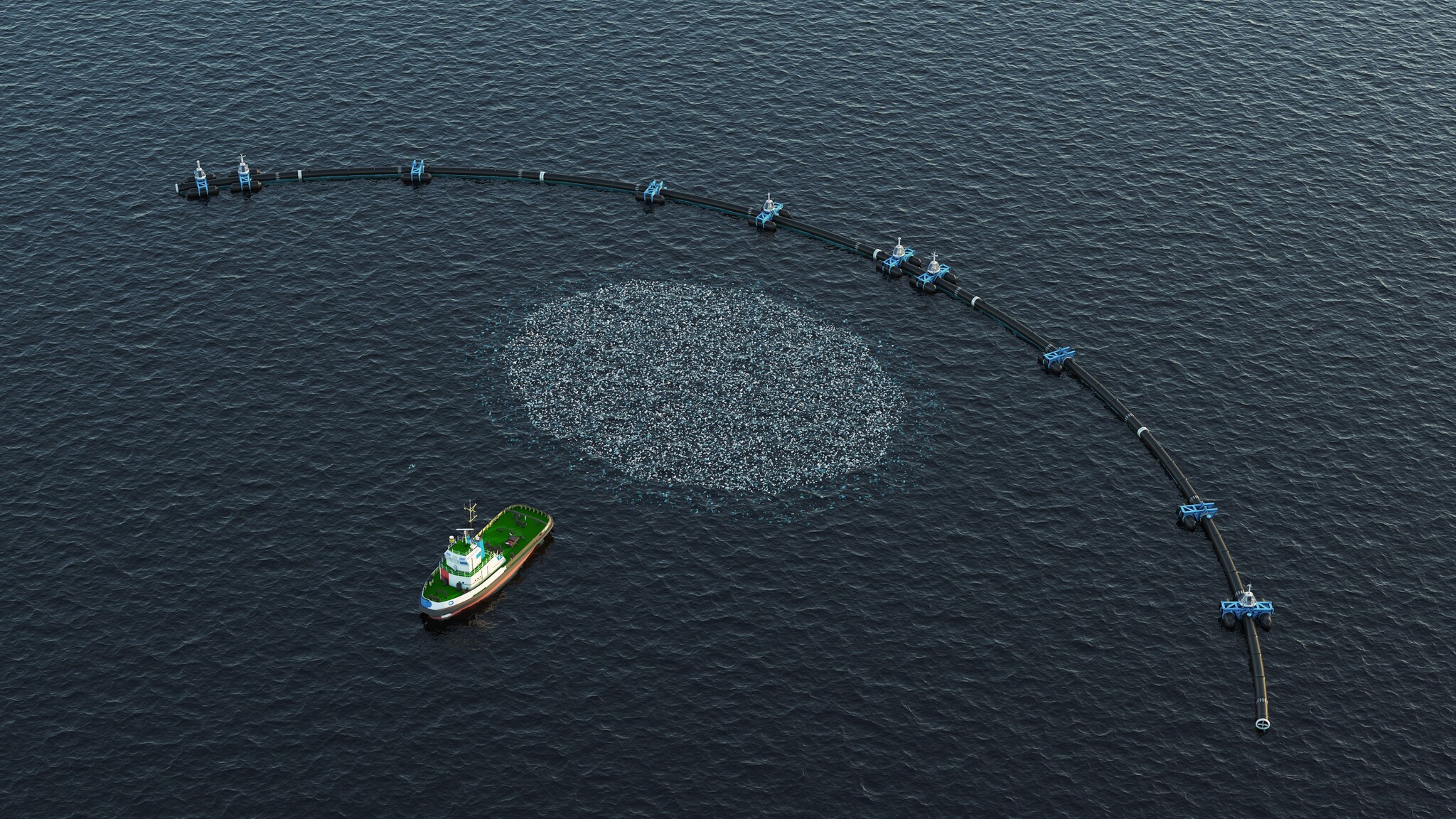By Yen Nguyen, UNDP Plastic Innovation Officer – Climate Change and Environment Unit; Nguyen Tuan Luong, Head of Solutions Mapping – Accelerator Lab; and Tran Huong Giang, Head of Experimentation – Accelerator Lab
Fostering Public Sector’s Innovation in Beating Plastic Pollution
October 10, 2024

Viet Nam faces a growing threat of plastic pollution, generating a staggering 2.9 – 3.7 million tons annually with nearly half remaining mis- or unmanaged (National Plastic Action Partnership’s Report, 2023)
The revised Zero Plastic Treaty draft placed a strong emphasis on technology and innovation. This was echoed by Mr. Le Ngoc Tuan – Director General of International Cooperation Department, Ministry of Natural Resources and Environment, in his interview with Viet Nam News: “The government has actively supported and called for actions that weave together innovations, foster inclusive partnerships, and encourage sustainable investments.”
Innovation is key to tackling plastic pollution in Viet Nam and achieving SDGs 12 and 14
To effectively address plastic pollution, it is essential to foster innovation, which offers a wide range of solutions such as sustainable packaging, plastic alternatives, waste prevention technologies, and advanced mechanical or chemical recycling methods. However, a collaborative innovation ecosystem is vital, engaging multiple stakeholders, including innovators, investors, businesses, research institutes, startups, and environmental organizations.
As part of the “Ending Plastic Pollution Innovation Challenge” (EPPIC) project, UNDP organized an Innovation Capacity Building Activity to foster a culture of innovation in the public sector. The workshop provided an opportunity for public servants to learn how to collaborate across disciplines and engage with diverse stakeholders to resolve plastic pollution.
This activity aimed to raise awareness among provincial policymakers and enhance their innovation capacities through the hands-on application of tailored tools. Three workshops were held in Quang Ninh, Thua Thien Hue, and Ho Chi Minh City from February to March 2024, leveraging UNDP's extensive experience in innovation to incorporate citizen-centric policy into the public innovation playbook. The playbook, designed to aid Vietnamese civil servants in developing and implementing creative programs, drawing from the latest international experiences in system design and citizen-centric policy.
A total of 120 government officials from diverse backgrounds participated, gaining prime examples of how knowledge-sharing and collaborative action can pave the way for a circular economy for plastics. They also learn how to foster an enabling innovative ecosystem to jointly tackle plastic pollution with various stakeholders. Participants represented various government departments and agencies, including the Department of Natural Resources and Environment (DONRE), Department of Planning and Investment (DPI), Department of Agriculture and Rural Development (DARD), and local People Committees, Industrial Zone Management Boards, research institutes, Women’s Union, Famers’ Union, among others.
The workshop featured insights and contributions from UNDP and experts in innovation, entrepreneurship and the environment from organizations like the National Agency for Technological Entrepreneurship and Development of Viet Nam (NATEC), National Innovation Center (NIC), Fulbright Center for Entrepreneurship and Innovation (CEI), FPT University, and the Academy of Policy and Development.

Lessons Learned
Tools for Success: The workshops equipped government officials with practical tools to address plastic pollution challenges. Participants learned to employ the Challenge Definition Canvas and Iceberg Model to identify and analyze specific local problems and their root causes. The EAST Framework and Appreciative Inquiry were introduced to foster collaboration, find optimal solutions for various situations, and leverage existing public sector resources.
(Explore the innovation tools and approaches: HERE)
Real-world Examples: Case studies reflecting local challenges were presented, including plastic pollution in Can Gio (Ho Chi Minh City), the accumulation of excess after-use floating foam buoys in Quang Ninh’s fishery farms, and waste management issues in Hue City. These case studies provided insights for developing tailored solutions. The workshops also showcased various initiatives and innovations from the EPPIC project, such as Galaxy Biotech’s breathable bags, BioDF biodegradable plastic products, and the mGreen app to inspire more effective ideas.
Hands-on learning: Through an on-site trip to a waste conversion case study in Hue, participants acquired a deeper understanding of how to turn innovative ideas into practical solutions for plastic waste challenges.
“This training empowered me to contribute to plastic pollution mitigation efforts,” shared Ms. Vu Thi Minh Hai from Ho Chi Minh City’s Department of Industry and Trade (DOIT). “The sessions have expanded my knowledge of plastic pollution, fostered an innovation mindset, and built a network across departments and stakeholders, including DOIT and research institutes. We are now very much ready to work together and drive change. We will continue sharing these learnings to support the city’s plans to beat plastic pollution”.

 Locations
Locations

